African Artists and Indigenous Knowledge: Celebrating Tradition and Wisdom
Wandering amidst the breathtaking panoply of Africa’s artistic creations, one cannot help but be struck by the sheer variety and vibrancy of its indigenous knowledge. The continent’s art forms have stood as silent sentinels to the passage of time, embodying the wisdom of countless generations and serving as a testament to their resilience in the face of change. In this journal, we shall explore the diverse ways in which African artists have celebrated their rich traditions and the wealth of wisdom they embody, drawing on the unique cultural heritage of their societies.
A. Overview of indigenous knowledge in Africa
Indigenous knowledge, as it pertains to Africa, refers to the wealth of ancestral wisdom, traditional practices, and customs passed down through generations. It encompasses a broad range of spheres, including agriculture, medicine, spirituality, and of course, the arts. These knowledge systems have evolved over millennia and are intricately entwined with the cultural fabric of African societies. They serve as a source of identity, offering valuable insight into the continent’s history and the wisdom of its people.
B. The role of African artists in preserving and promoting indigenous knowledge
1. Traditional art forms as vehicles for transmitting knowledge
African art has long been a conduit for the transmission of indigenous knowledge, with each artistic creation telling a story of its people and their way of life. From the intricate masks and sculptures of the Yoruba people to the vibrant textiles and beadwork of the Kente weavers, these art forms encapsulate the wisdom and values of their creators.
- Masks and sculptures: The Dogon people of Mali, for instance, are renowned for their intricate wooden masks and sculptures that serve as conduits for ancestral wisdom. The masks are used in ceremonies and dances, allowing the wearer to embody the spirits of the ancestors and ensure their wisdom is passed down through the generations.
- Textiles and beadwork: The Kente cloth of the Asante and Ewe people of Ghana is another example of how indigenous knowledge is woven into the very fabric of artistic creations. Each pattern and color combination in the cloth carries a unique meaning, with the weavers drawing on traditional proverbs and symbols to communicate messages of wisdom and social values.
2. Storytelling, music, and dance as artistic expressions of indigenous knowledge
In addition to the visual arts, African artists have harnessed the power of storytelling, music, and dance to preserve and share indigenous knowledge.
- Oral traditions and folklore: Griots, or traditional storytellers in West Africa, have long served as the guardians of their people’s history, using their poetic oratory skills to recount tales of heroes, deities, and ancestors. By weaving these stories into their performances, they ensure that the lessons and wisdom of the past continue to inform the present.
- Traditional musical instruments and their cultural significance: The Mbira, a musical instrument from Zimbabwe, is not just a tool for creating melodies but also a symbol of the Shona people’s cultural identity. The music produced by the Mbira is believed to have the power to connect with ancestral spirits, thereby preserving the wisdom of the past and ensuring its relevance in contemporary society.
- Ritual and ceremonial dances: Dance has long been a crucial element of African societies, with each community boasting its own repertoire of dances tied to various cultural events and rituals. The Adumu dance of the Maasai people, for example, is a rite of passage for young warriors, reinforcing their connection to their ancestors and the values they uphold.
C. Contemporary African artists incorporating indigenous knowledge in their work
As Africa continues to grapple with the pressures of modernity, many contemporary artists have sought to incorporate elements of indigenous knowledge in their work, celebrating their cultural heritage while also pushing the boundaries of artistic expression.
1. Visual artists drawing on traditional techniques and themes
- El Anatsui and recycled materials: The Ghanaian artist El Anatsui has gained international acclaim for his large-scale installations crafted from recycled materials, such as bottle caps and aluminum scraps. His work not only highlights environmental concerns but also draws on traditional African textile techniques, creating a dialogue between the past and the present.
- Chéri Samba and popular painting: Congolese artist Chéri Samba’s vibrant paintings combine traditional African motifs with elements of popular culture, offering a unique take on the complexities of contemporary African society. Through his work, Samba celebrates the richness of his cultural heritage while also addressing pressing social issues.
- Wangechi Mutu and Afrofuturism: Kenyan artist Wangechi Mutu is renowned for her provocative collages and sculptures that incorporate elements of Afrofuturism, a movement that reimagines the future of Africa through the lens of science fiction and fantasy. By melding traditional African imagery with futuristic themes, Mutu explores the intersections of history, identity, and technology.
2. Performance artists embracing indigenous knowledge
- Germaine Acogny and African dance: Senegalese dancer and choreographer Germaine Acogny has devoted her career to preserving and promoting traditional African dance forms. By incorporating elements of indigenous knowledge into her performances, Acogny celebrates the beauty and diversity of African culture while also challenging preconceptions about what constitutes contemporary dance.
- Fela Kuti and Afrobeat music: The late Nigerian musician and political activist Fela Kuti pioneered the genre of Afrobeat, which fuses traditional African rhythms with elements of jazz and funk. His music not only served as a vehicle for social and political critique but also celebrated the richness of indigenous knowledge and its potential to inspire change.
-
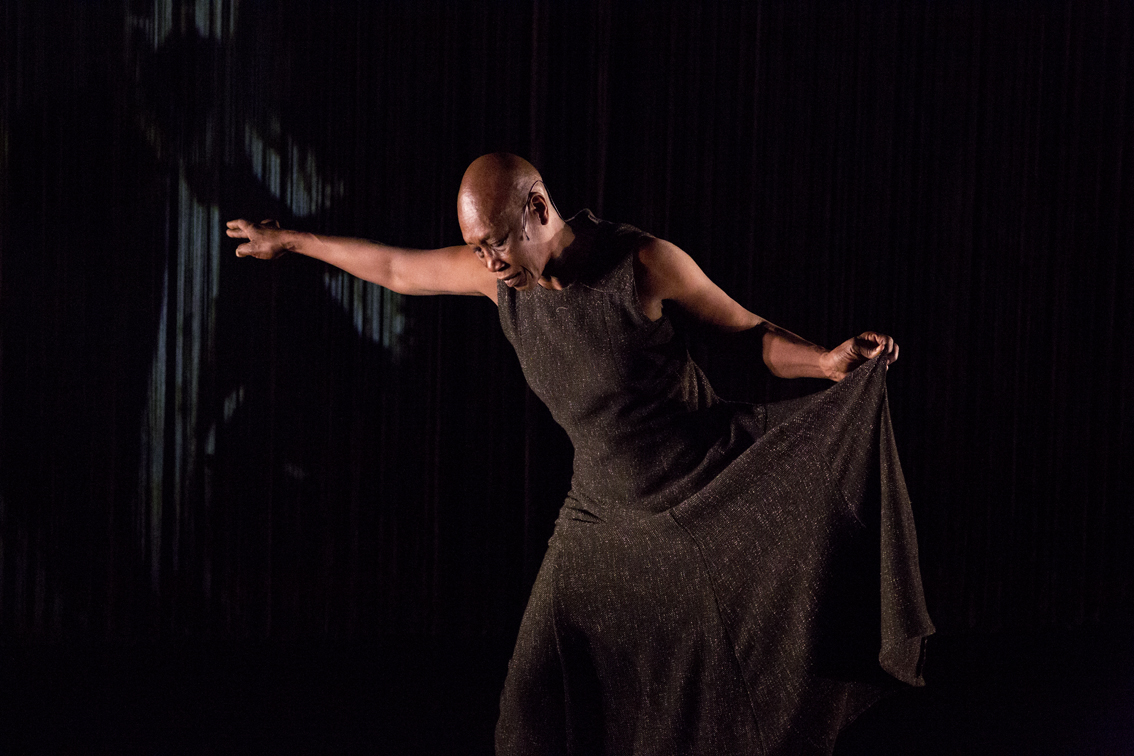
African Artists and Indigenous Knowledge: Celebrating Tradition and Wisdom | Somewhere at the Beginning © Germain Acogny William Kentridge and multimedia storytelling: South African artist William Kentridge has gained international recognition for his innovative use of animation, film, and theater to explore themes of history, memory, and identity. Drawing on the rich tradition of South African storytelling, Kentridge’s work serves as a testament to the power of indigenous knowledge in shaping our understanding of the world.
D. The impact of African artists in preserving, revitalizing, and sharing indigenous knowledge
1. Locally: Strengthening cultural identity and heritage
African artists who engage with indigenous knowledge in their work contribute to the preservation and revitalization of their cultural heritage. By incorporating traditional techniques, motifs, and themes, these artists ensure that the wisdom of their ancestors remains relevant and accessible to future generations.
2. Globally: Increasing awareness and appreciation of African art and culture
By showcasing their work on an international stage, African artists are playing a crucial role in promoting greater understanding and appreciation of their continent’s rich cultural heritage. Through exhibitions, performances, and collaborations, these artists are not only celebrating their own traditions but also fostering cross-cultural exchange and dialogue.
3. The role of cultural institutions and art festivals in promoting African art
Cultural institutions and art festivals, such as the Dakar Biennale and the Zeitz Museum of Contemporary Art Africa, play a critical role in providing a platform for African artists to share their work with a wider audience. By supporting and promoting the work of these artists, these institutions contribute to the preservation and celebration of indigenous knowledge and its role in shaping contemporary African art.
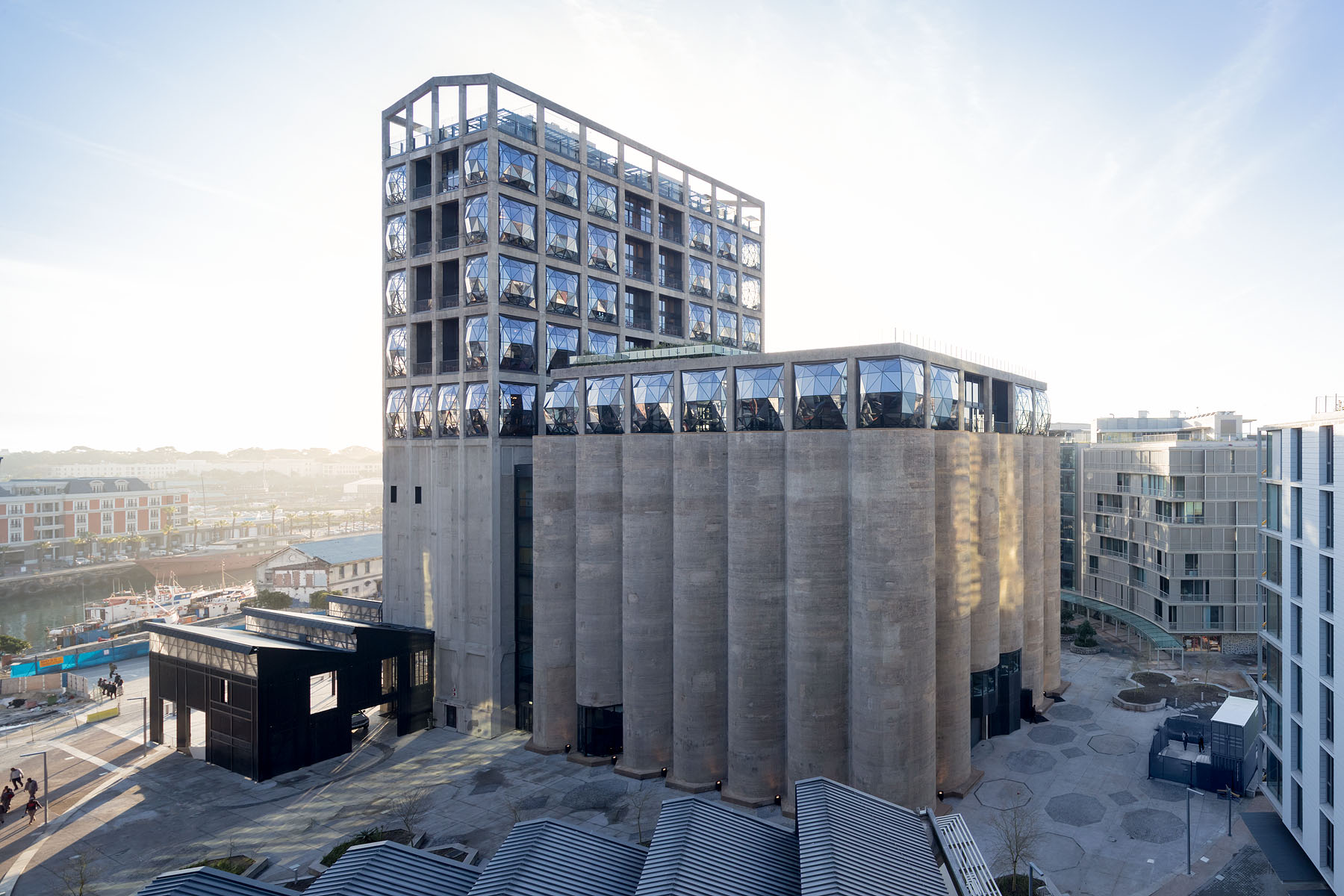
In conclusion, African artists have long played a pivotal role in celebrating their continent’s rich traditions and the wealth of wisdom they embody. Through their work, these artists not only preserve and promote indigenous knowledge but also challenge and inspire audiences both locally and globally. Whether through traditional art forms such as masks, textiles, and dance, or through contemporary expressions that incorporate elements of the past, African artists continue to demonstrate the enduring relevance and vitality of their cultural heritage.
As we have seen through various case studies and examples, African artists have successfully navigated the delicate balance between maintaining the essence of their traditions and adapting to the ever-changing world. They have used their creative talents to ensure that the wisdom of their ancestors is not lost to the sands of time but rather continues to inform and enrich contemporary society.
Ultimately, the ongoing celebration of tradition and wisdom by African artists serves as a powerful reminder of the vital role that indigenous knowledge plays in shaping our understanding of the world. It is a testament to the resilience of these ancient wisdoms, and it is up to us to ensure that they continue to thrive and inspire future generations.
By engaging with and supporting the work of African artists, we can all play a part in preserving and celebrating the unique traditions and wisdoms that lie at the heart of their creations. It is our shared responsibility to ensure that the vibrant tapestry of indigenous knowledge continues to be woven into the fabric of our global cultural heritage, enriching our lives and those of generations to come.


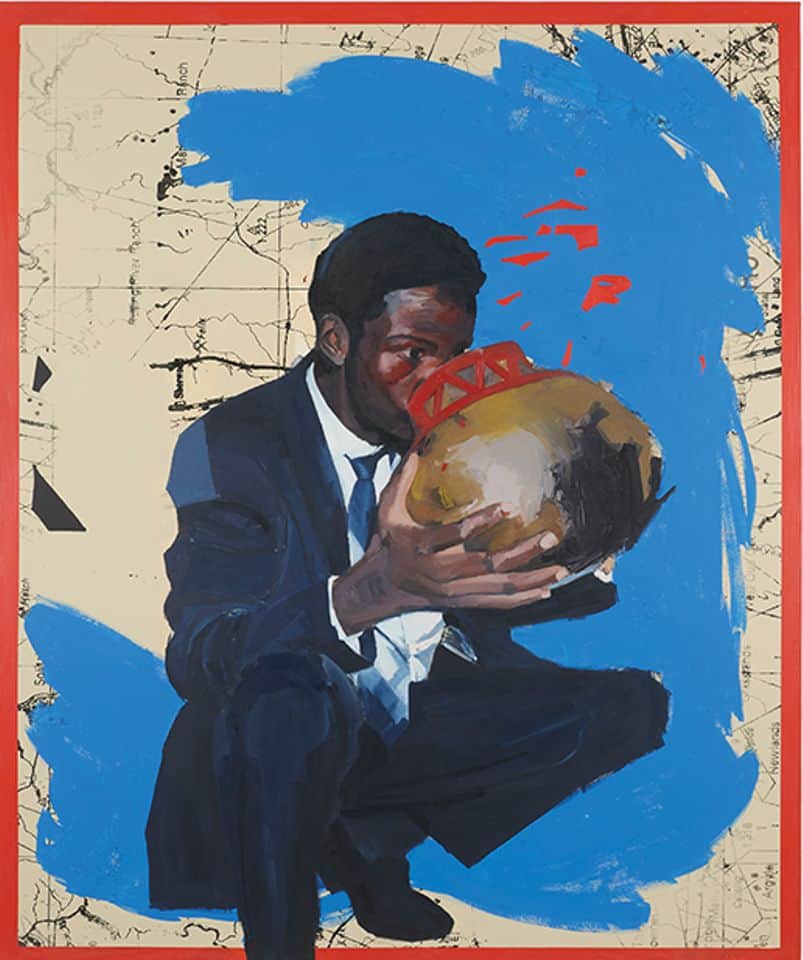
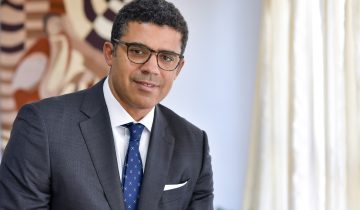
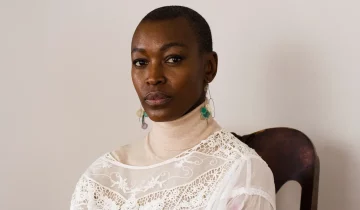
 No products in the basket.
No products in the basket.